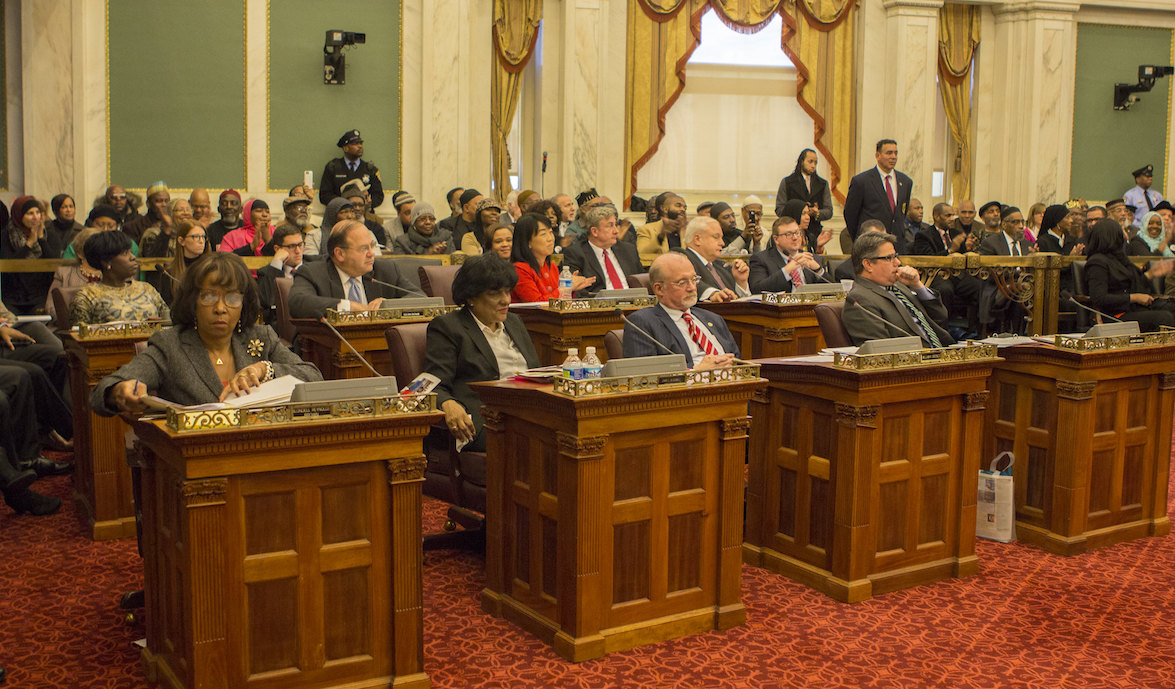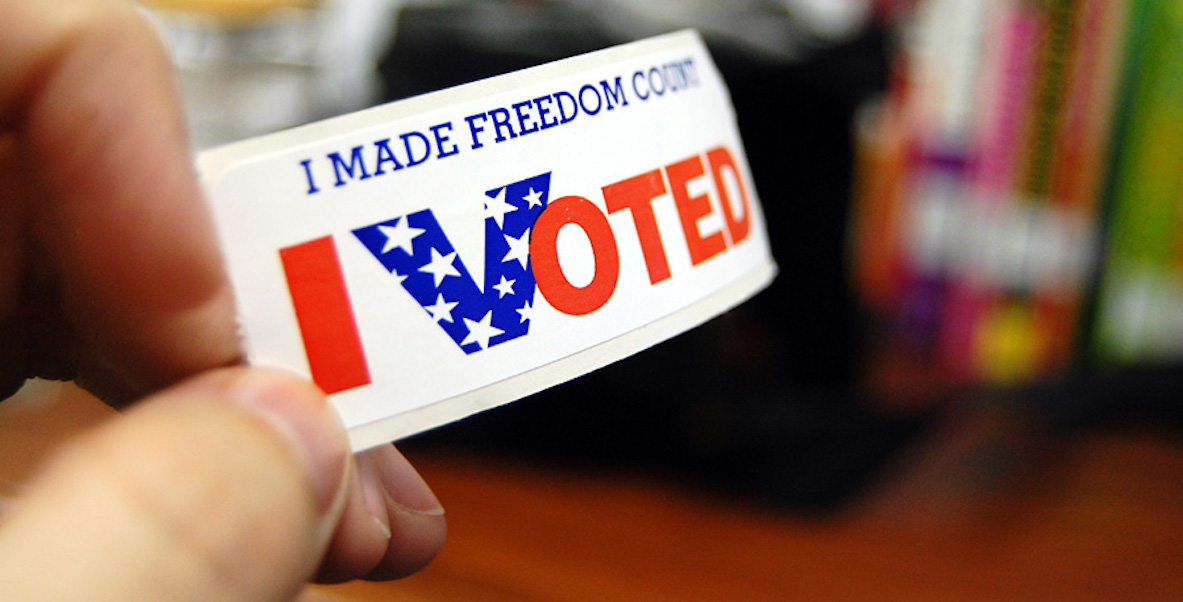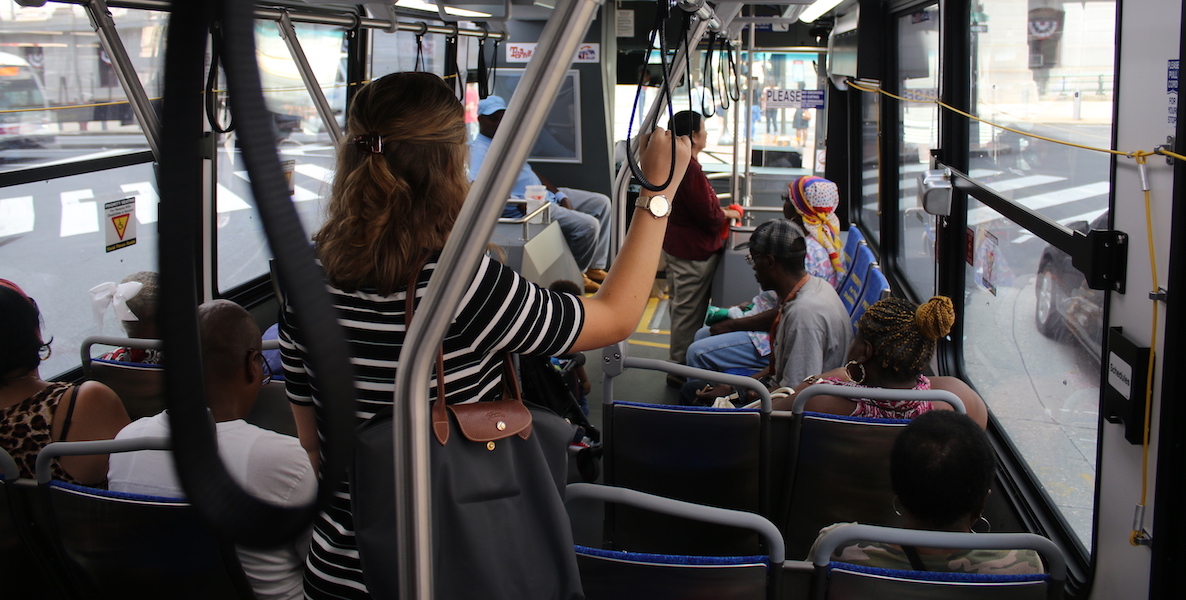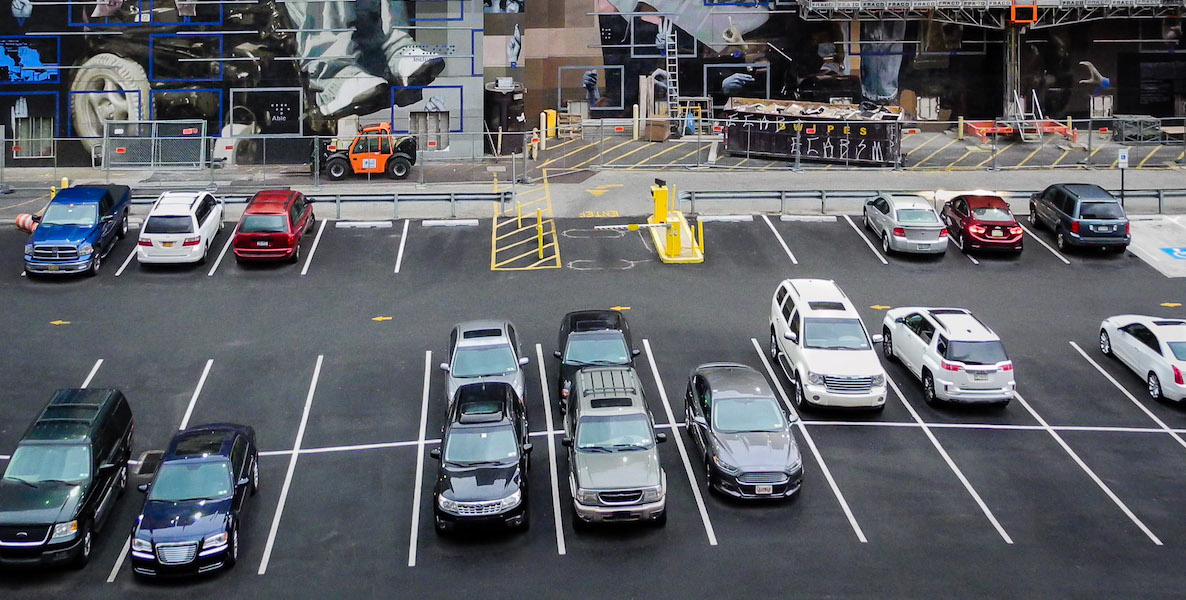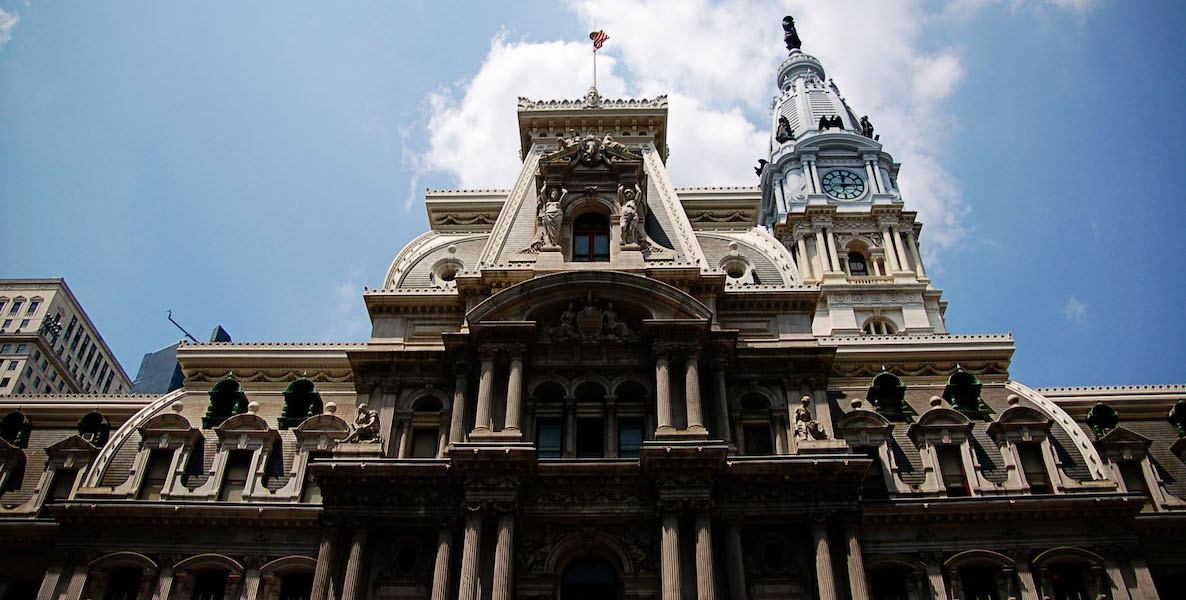As Philadelphia has seen more job growth and investment in the years following the Great Recession, we’ve seen a lot more tax revenue come into local government, as well.
Pew’s Philadelphia Research Initiative has a new research brief out looking at where those revenue increases have come from, how elected officials have increased spending in response and what they’ve spent it on.
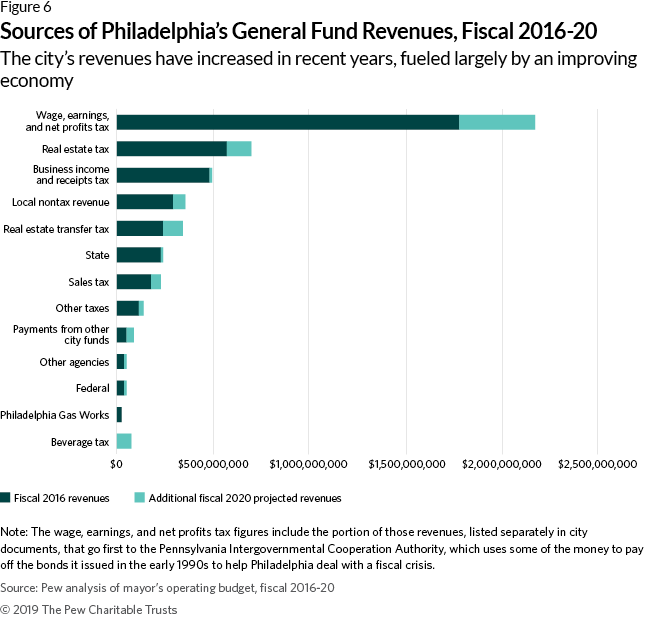
On the revenue side, the biggest drivers of tax growth between 2016 and 2020 have been the wage tax by far, followed by the real estate tax, and the real estate transfer tax. All told, the 23-percent increase in tax growth has powered approximately $905 million in new spending during that time.
Pew compared this to the spending growth in other large U.S. cities and found that we’re somewhere in the middle of the pack overall and also on a per-capita spending basis. The really interesting part, though, is where the new money’s been going, which is helpful to see as a corrective to some of the popular conceptions about where it’s been going.
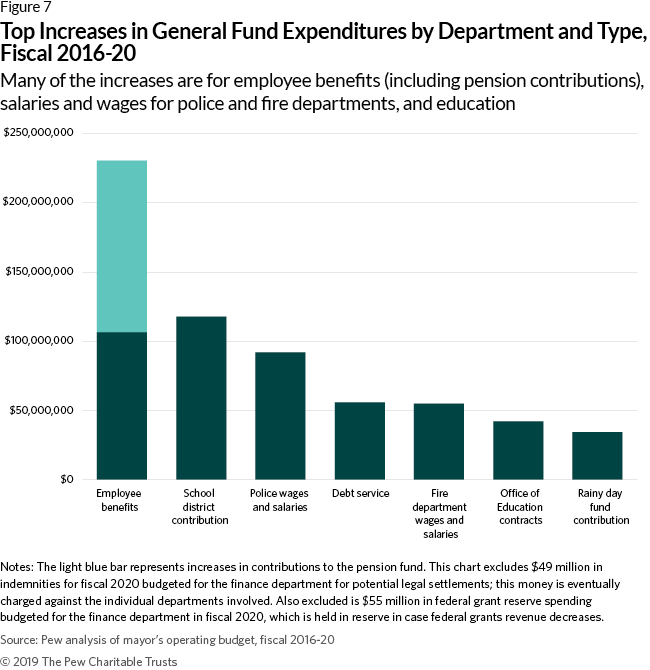
- The largest source of spending growth—just above $230 million, or approximately one-quarter of the total—consisted of payments for city employees’ benefits. More than half of that growth, over $124 million, went to increased contributions to the city’s long-underfunded pension system as part of a long-term plan to restore the system to fiscal health.
- The second-largest increase, $160 million, was in education spending. This growth came in two major pieces. One was an increase of $118 million in the city’s direct contribution to the School District of Philadelphia, estimated at $222 million in fiscal 2020; in 2018, the city took back direct control of the district from the state, which had managed it through the School Reform Commission for nearly 17 years. The other element was roughly $42 million in new spending through the Office of Education, which went largely toward contracts for providers to expand pre-K and community schools. Much of the $42 million in spending is intended to be supported by the sweetened beverage tax.
- Another $146 million was for increased payroll expenses for the police and fire departments. This increase primarily reflects pay raises mandated by labor agreements. There also was an uptick in the number of employees paid through the general fund from fiscal 2016 to fiscal 2020, with 532 more in the police department (roughly an 8 percent increase) and 388 more in the fire department (a nearly 17 percent increase). The overwhelming majority of these positions represent uniformed personnel.
- The rest of the $905 million overall increase was spread across several city departments and programs, only the largest of which are shown in the figure below. One notable item was a first-ever deposit of $34 million into the city’s rainy day fund, meant to help officials deal with the next economic slowdown. There were some decreases in spending in departments and programs as well, including the prisons department.
What’s notable about this is that so much of the spending growth has just gone toward maintaining the current service baseline, with very little of the $905 million increase going toward any new services that most people would recognize, with the exception of the pre-K and community schools programs, which are still far from universal at this point.
The School District got a decent bump of $118 million, which, while objectively a lot of money, still doesn’t come close to fulfilling the major backlog of needs or wants in the school system. Certainly many teachers and students and other workers will be seeing improved working, teaching, and learning conditions as a result, though to a large extent we’re really just maintaining the baseline.
The City’s extreme stinginess around providing some of their basic municipal quality-of-life responsibilities, like street sweeping, street and sidewalk repaving, or tree maintenance is so strange.
Once the Rebuild program finally gets started working on capital projects at local parks and libraries, that will be one of the first genuinely new things most residents will see from the nine-tenths of a billion dollars in new spending.
This is a big reason why the City’s extreme stinginess around providing some of their basic municipal quality-of-life responsibilities, like street sweeping, street and sidewalk repaving, or tree maintenance is so strange. There’s obviously some money there—clearly, if there’s enough to make 532 new hires in the Police Department—and it wouldn’t even be that expensive to move some of these activities out of the land of volunteer magic and municipalize them.
The fact that so many people see their property tax bills going up every year with no real noticeable impact in the quantity or quality of municipal services just makes for a really cynical politics around taxes, and delegitimizes local government in ways that are politically corrosive. It’s a problem for those of us who want to see local government accomplish big things, and provide better and more universal public services. People need to see what city government is doing for them if spending is going to keep going up.
In the last citywide quality-of-life survey from 2017, respondents named streets and sanitation as the city services most in need of improvement. We’re still waiting on the results from this year’s edition, but it seems likely it will remain high on the list, if not the top concern again. If that’s the case, Mayor Kenney should consider stepping up the City’s quality-of-life services in visible and cost-effective ways like a citywide mechanical street-sweeping program that reaches everybody, unlike the misguided leaf-blower pilot.
Jon Geeting is the director of engagement at Philadelphia 3.0, a political action committee that supports efforts to reform and modernize City Hall. This is part of a series of articles running on both The Citizen and 3.0’s blog.
Want more local economy news? Check out these related posts:
- Why an engaged business community is essential to economic growth in Philly
- The irony in Pennsylvania’s drinking economy
- Are Philly’s latest poverty stats the wake-up call Mayor Kenney needs?



